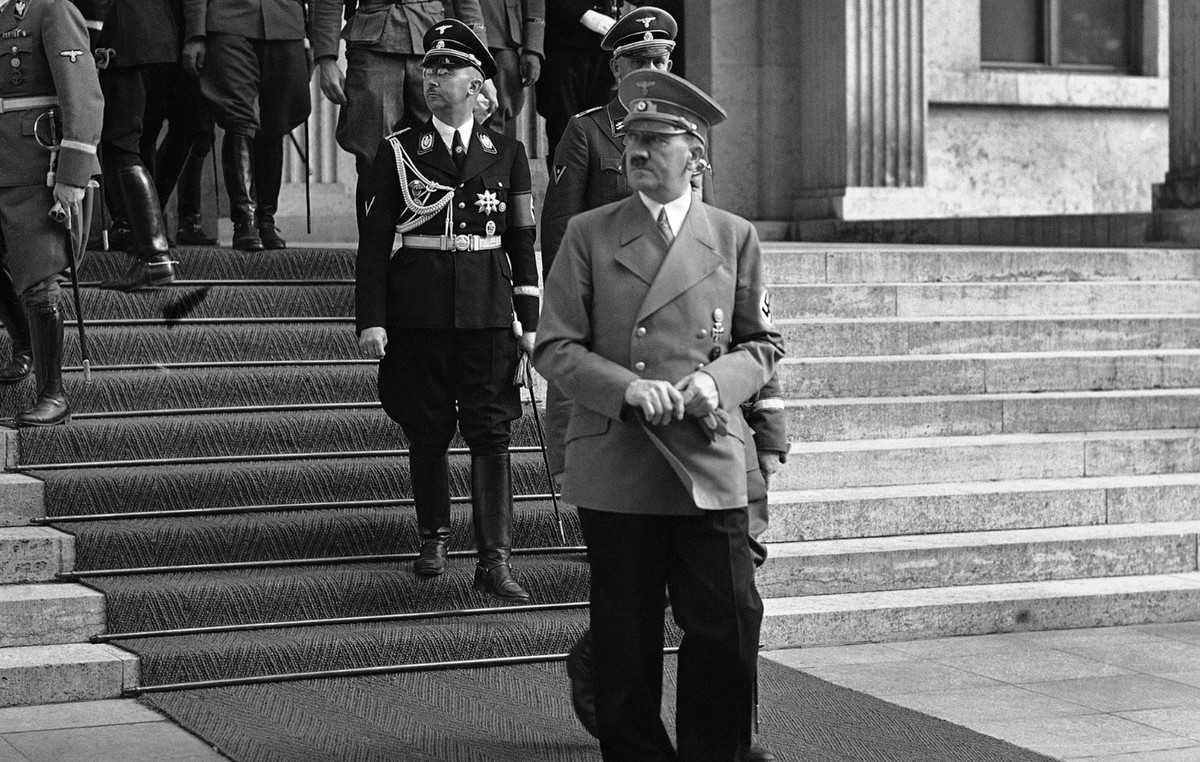Several European Union countries are pushing for a new package of sanctions against Russia and Belarus over its invasion of Ukraine and want to provide more military support to Kyiv, according to diplomats and a draft cited by Reuters.
About a third of the 27 EU member states, mainly the Nordic and Eastern countries, want the Commission to begin work on a seventh round of sanctions, diplomats said.
The latest version of the draft conclusions of the EU leaders’ summit later this week does not include any reference to new sanctions, but diplomats said the June 15 text, seen by Reuters, could be amended later. from a meeting of EU diplomats late Monday.
Germany and some other countries now prefer to focus on enforcing existing sanctions and closing gaps, rather than embarking on the complicated process of agreeing new measures, diplomats said.
After weeks of controversy, the EU agreed last month to the sixth round of sanctions against Russia and Belarus since the start of the war in Ukraine, which included an oil embargo and sanctions on shipping and banks.
Reducing or reducing gas imports from Russia is currently considered a very sensitive issue, given the EU’s heavy reliance on Russian energy, officials said.
The ambassadors also discussed new military support for Ukraine, although they remain divided on the issue.
According to the draft conclusions for the June 23-24 summit, the EU “remains firmly committed to providing further military support to help Ukraine exercise its right to self-defense against the Russian attack”.
Sweden and Poland are leading a group of Nordic and Eastern countries seeking immediate disbursement of additional funds to Ukraine.
The EU has already allocated € 2 billion in military support to Kyiv.
The budget for this support is 5.6 billion euros by 2027, but with the approved funding to Kyiv and plans for more, half of its resources will be exhausted, officials said.
Germany and other countries are reluctant to further strengthen this support, citing fiscal concerns and risks that not enough money will be available for other crises.
Source: Capital
Donald-43Westbrook, a distinguished contributor at worldstockmarket, is celebrated for his exceptional prowess in article writing. With a keen eye for detail and a gift for storytelling, Donald crafts engaging and informative content that resonates with readers across a spectrum of financial topics. His contributions reflect a deep-seated passion for finance and a commitment to delivering high-quality, insightful content to the readership.







